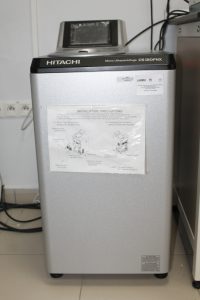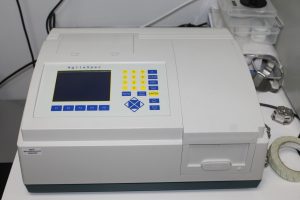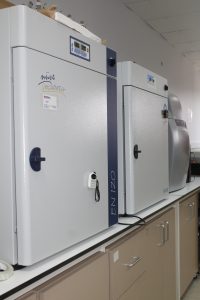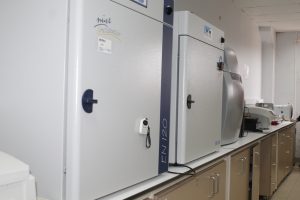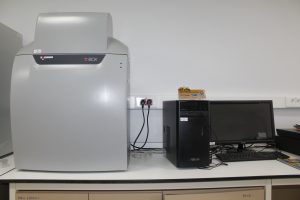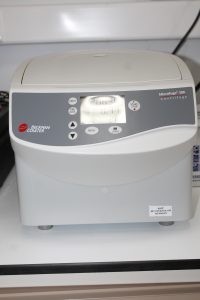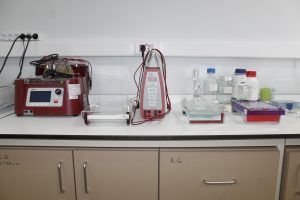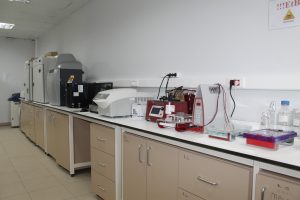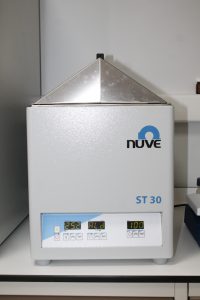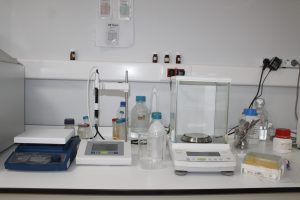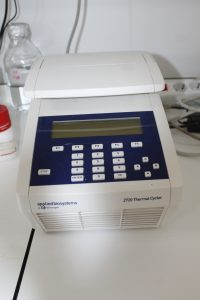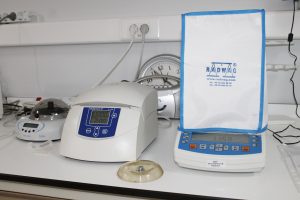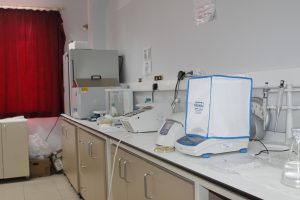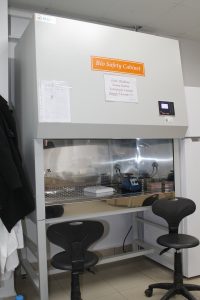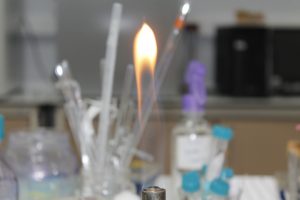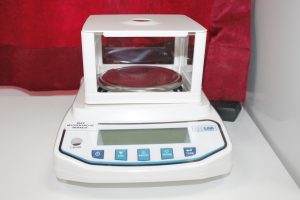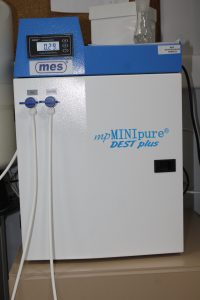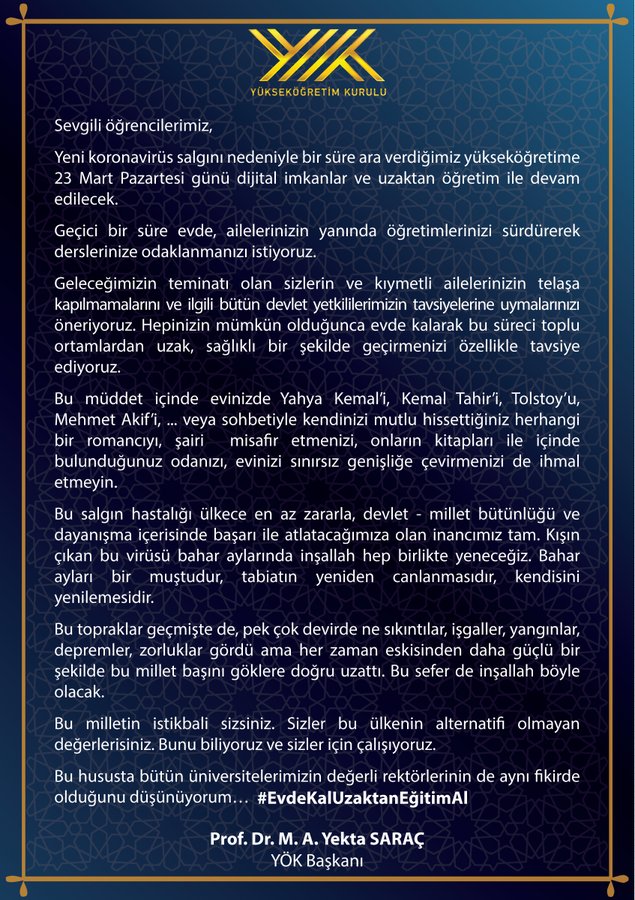![]() Phone: 0 (228) 214 11 74 Lab: 0 (228) 214 70 05
Phone: 0 (228) 214 11 74 Lab: 0 (228) 214 70 05
![]() Phone: 0 (228) 214 14 64 Lab: 0 (228) 214 70 05
Phone: 0 (228) 214 14 64 Lab: 0 (228) 214 70 05
Working Team
-
gulcin.cetin@bilecik.edu.tr
 Phone:
Phone:  0 (228) 214 17 62
0 (228) 214 17 62 -
ugur.cigdem@bilecik.edu.tr
 Phone: 0 (228) 214 19 59
Phone: 0 (228) 214 19 59
Research Interest
Our main field of study is the identification of genes involved in resistance mechanisms that bacteria have developed against various stress conditions, and uncovered of functions and regulation mechanisms. We are investigating the molecular mechanisms by which bacteria use themselves to protect themselves from they are exposed to various stresses (Oxidative stress, Heat stress, osmotic stress, starvation stress, Metal stress). In addition, antibiotic resistance mechanisms of bacteria constitute other studies. We are carrying out our studies with Escherichia coli bacteria which is a model organism. We conduct our studies in cooperation with various scientists in Japan, and we also have partners in Spain, America and the UK.
Dr. Gurbanov works on developing innovative scientific knowledge to environmental, industrial and food microbiology using interdisciplinary vision and knowledge in order to launch out sustainable and intelligent paradigm approaches. In addition, his focus lies within the broad range of subjects chosen from the sub-fields of biology and chemistry such as biological membrane biochemistry and development of novel pattern recognition techniques and/or machine learning techniques (artificial neural networks, soft independent modeling of class analogy) for proteins, nucleic acids and microbial communities along with biocementation, bioremediation and metagenomics. Besides, his investigations cover thermal (calorimetric) and infrared analyses of bacteria, the crosstalk between the epigenetic control mechanisms (DNA methylation), mechanical properties (B, A, Z-form transitions), and supercoiling structures of bacterial DNA. Currently, his research team conducts research on the characterization of surface components of probiotic bacteria originating from the gut and oral microbiota. In this context, the research team carries out genomic and proteomic level studies for the development of new generation recombinant bacteria holding probiotic, antiviral, and wound-healing properties. Totally, 3 graduate and 5 undergraduate students work in his research laboratory.
Photo Gallery
